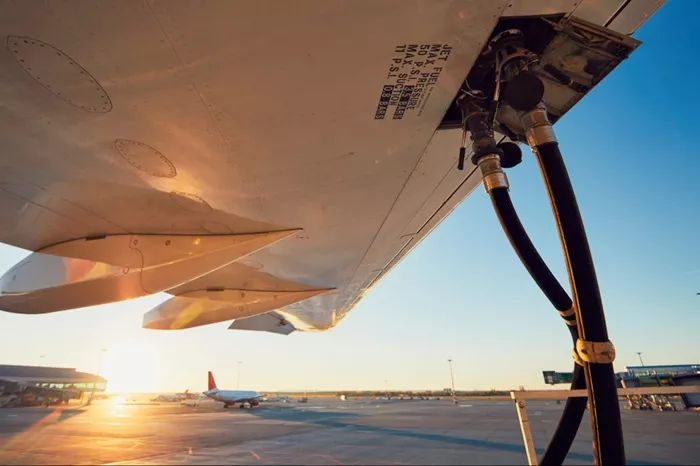Global jet fuel demand is expected to weaken as reduced consumer spending impacts travel budgets, potentially affecting oil prices in the coming months. Despite an increase in demand to 7.49 million barrels per day (bpd) through July—up nearly 500,000 bpd from the previous year—current trends suggest a slowdown. Major U.S. airlines and travel companies have reported a decline in consumer spending, with growth averaging just 0.3% over the past three months, the slowest pace in over a year.
The International Energy Agency (IEA) has indicated limited potential for further gains in U.S. jet fuel demand, attributing this to a cooling economy and reduced travel. Additionally, weaker economic conditions could dampen global trade and air freight demand. Recent forecasts from the Organization of the Petroleum Exporting Countries (OPEC) and IEA have downgraded their oil demand predictions due to slower-than-expected economic growth in China and other regions.
A recent global tech outage that disrupted flights also contributed to a temporary drop in U.S. jet fuel consumption. Analysts from Bank of America and Goldman Sachs have noted that long-term factors, such as improved aircraft efficiency and shifts in consumer preferences, are also impacting demand. The rise in fuel efficiency, changes in travel patterns, and reduced air traffic due to geopolitical tensions have collectively posed challenges to jet fuel demand growth.
Overall, while jet fuel demand is anticipated to grow, the combination of economic slowdowns, technological advancements, and changing travel trends could undermine previous forecasts for the year.
Related topic:

